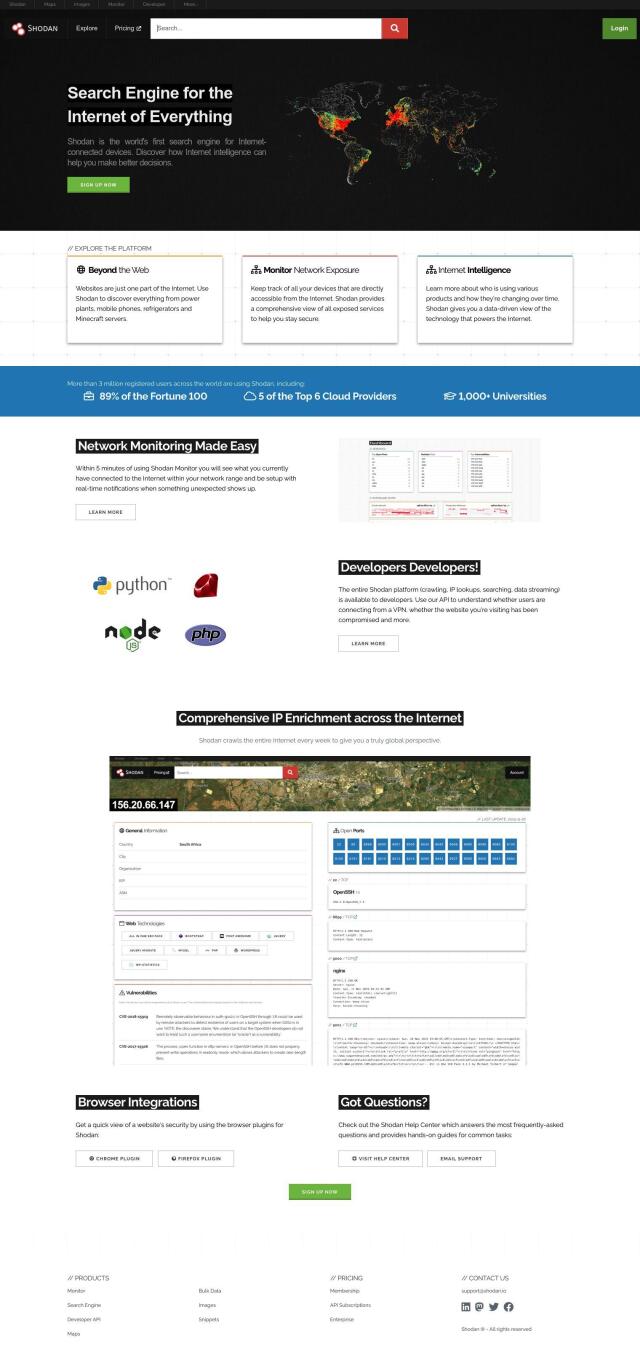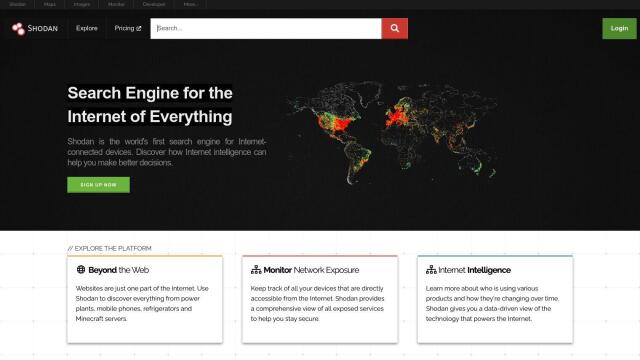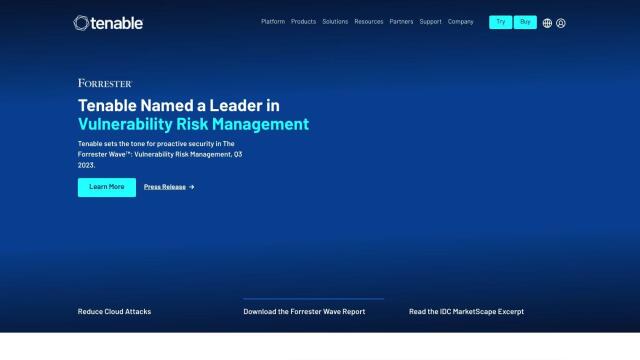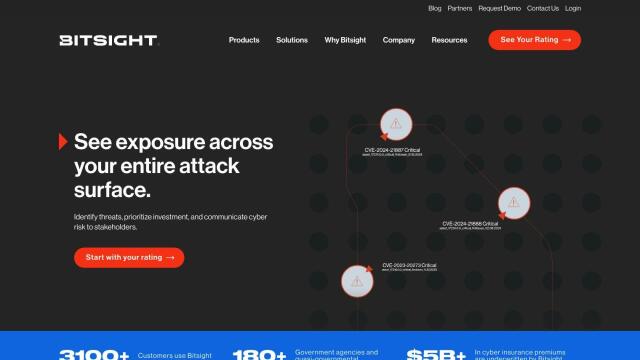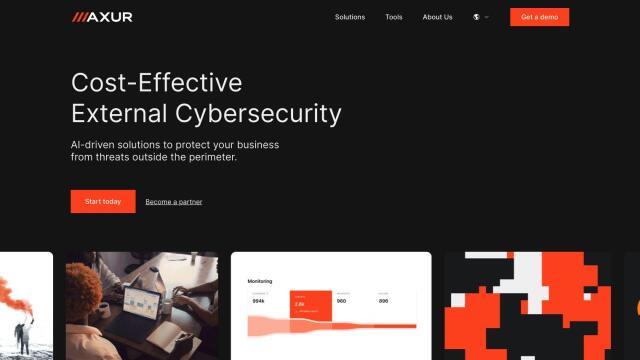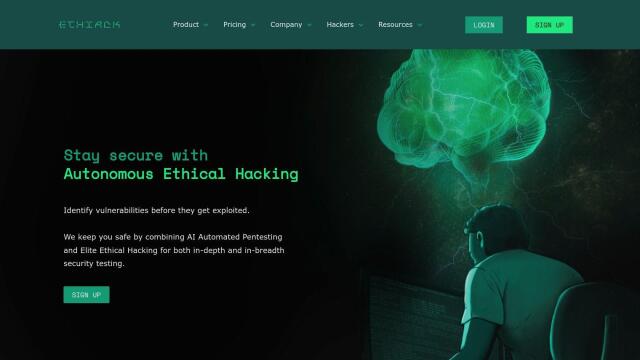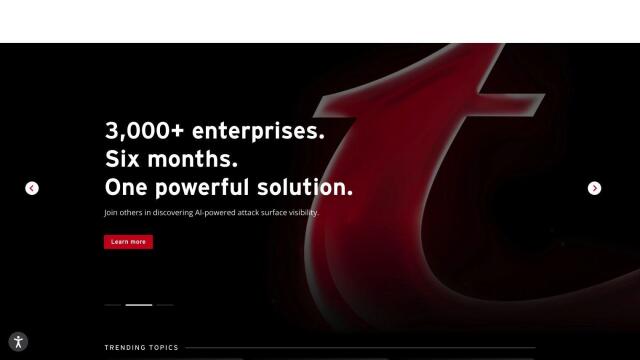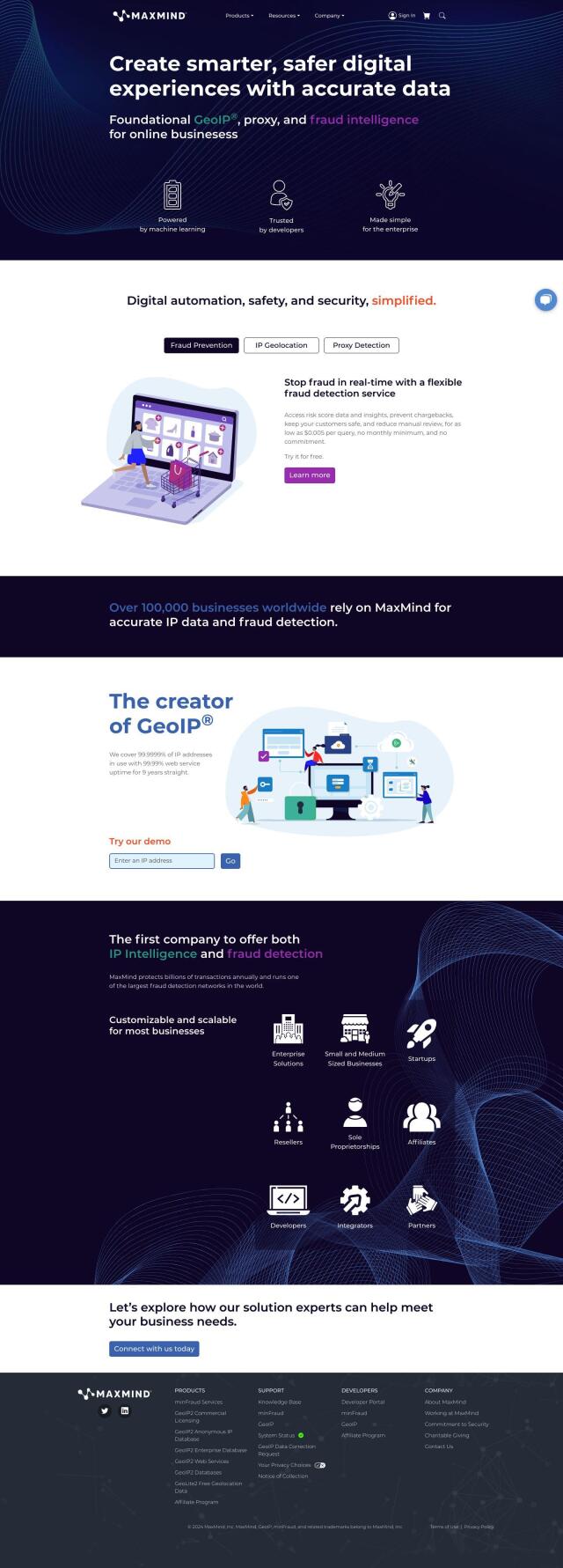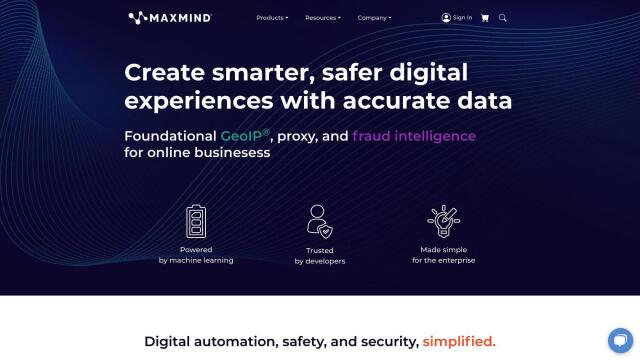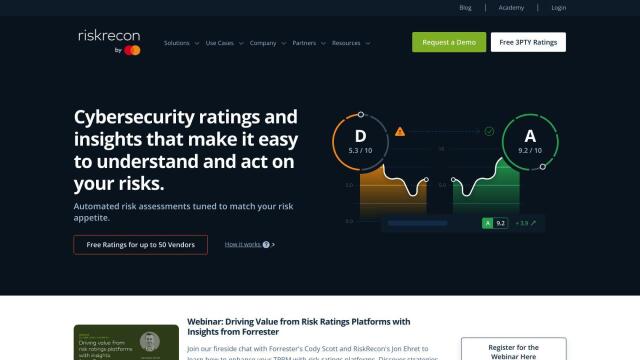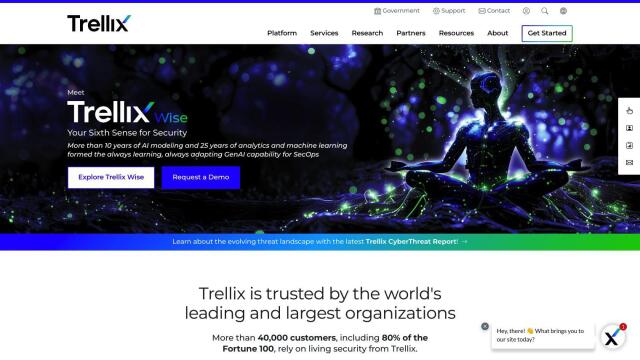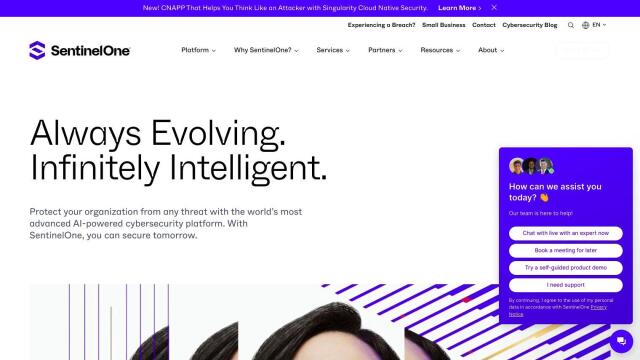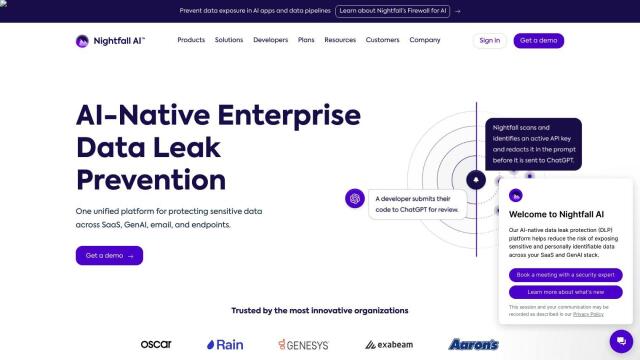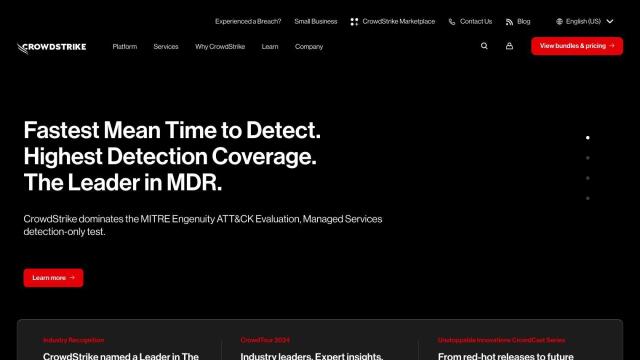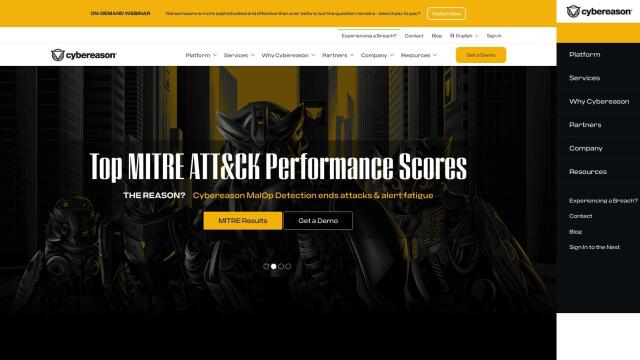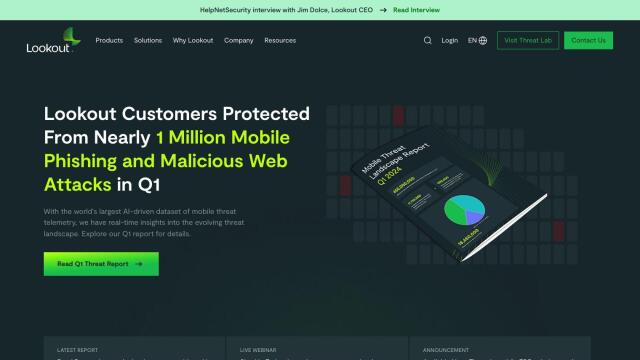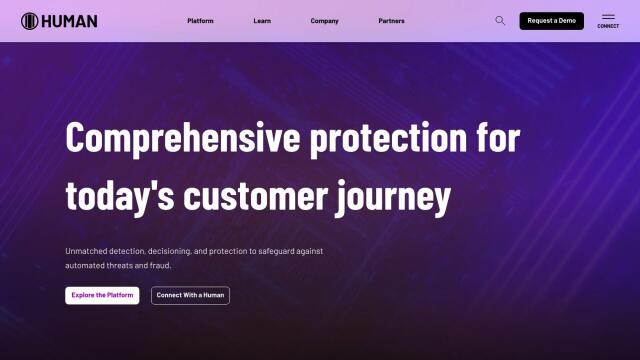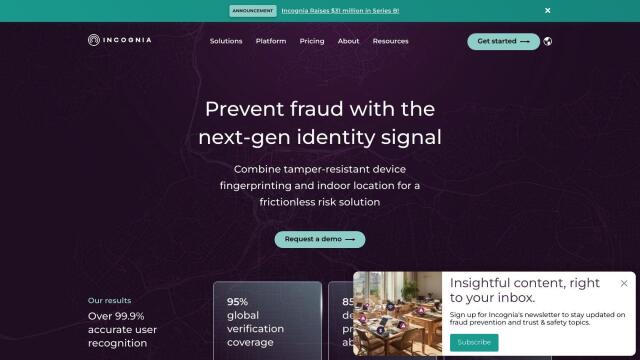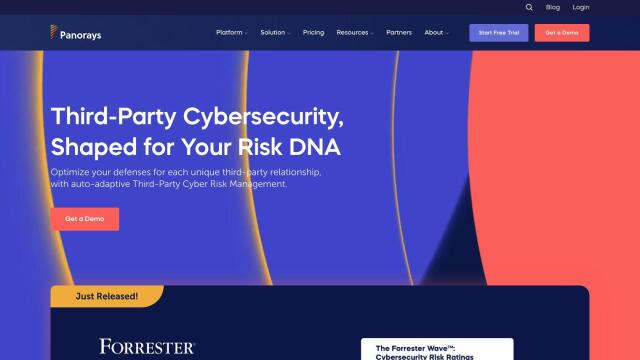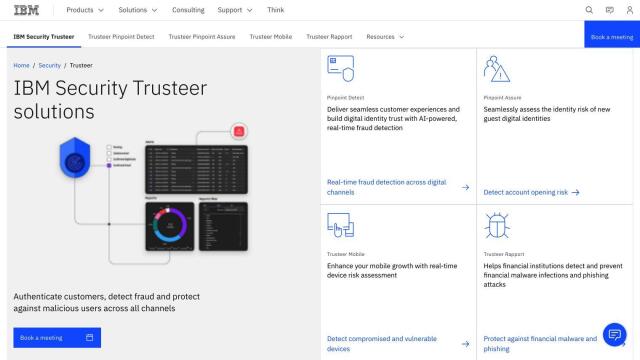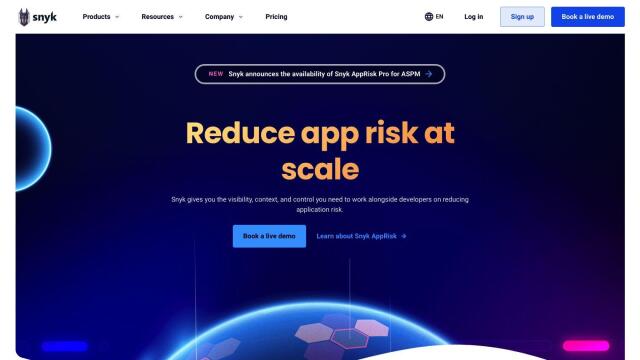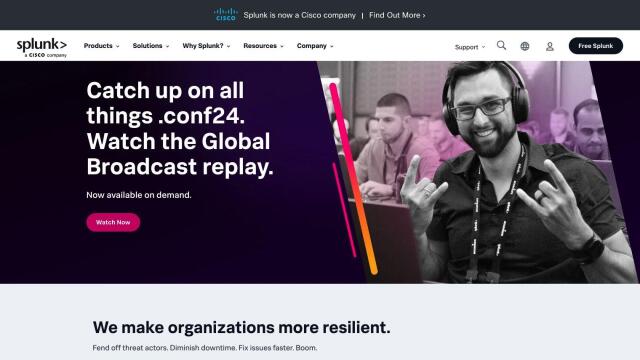
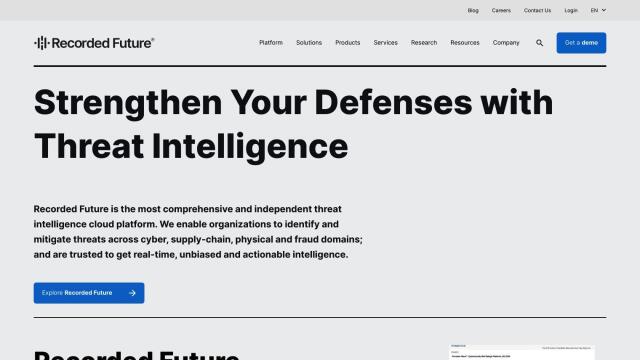
Recorded Future
If you're looking for a Shodan alternative, Recorded Future is a threat intelligence platform that customers use to assess and respond to risks in the cyber, supply-chain, physical and fraud realms. The service offers real-time intelligence to help customers defend themselves and anticipate threats by ingesting and analyzing data from a variety of sources, including the dark web and open web. That can help you get a better handle on what's going on and how to respond.

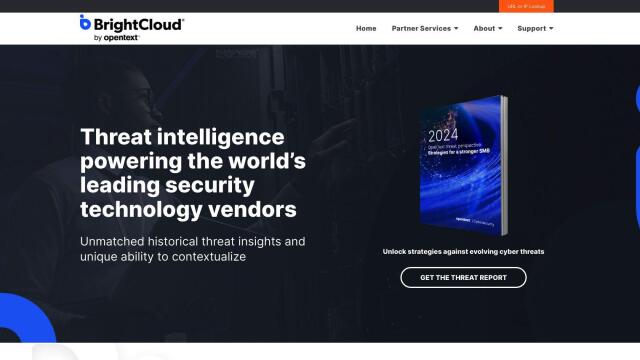
BrightCloud
Another good option is BrightCloud, a cloud-based threat intelligence security service that uses sixth-generation machine learning to provide threat intelligence that's both accurate and nearly up to the minute. It offers automated security decision-making, predictive threat intelligence and a range of services like web classification, IP reputation, real-time anti-phishing and streaming malware detection. That means you can use it for predictive risk scoring, blocking malicious IP addresses and more-sophisticated phishing attacks. It's a good option if you want to monitor your network exposure and respond to threats.

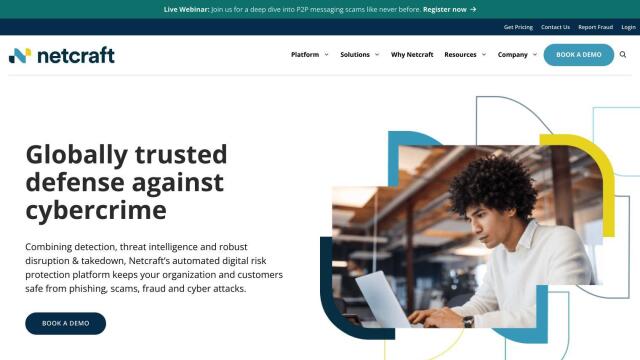
Netcraft
If you want a more specialized service for digital risk protection, Netcraft offers an external threat intelligence and digital risk protection service that offers 24/7 automated protection against phishing, scams, fraud and cyber attacks. It combines automation, AI, machine learning and human expertise to spot potential threats and offers fast disruption and takedown options for validated threats. It's designed to be flexible and to meet the unique cybersecurity needs of each customer.

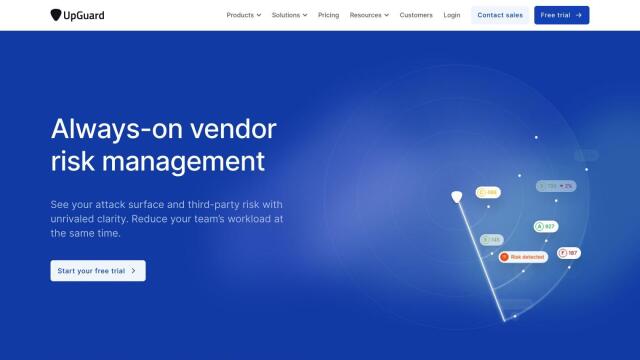
UpGuard
Last, UpGuard is a good option for third-party risk and attack surface management. It monitors millions of companies and billions of data points every day to give you complete visibility through automated scanning and real-time scanning of domains, IP and external assets. UpGuard's interface is designed to be easy to use, and real-time alerts help you streamline workflows and automate risk detection so you can make better security decisions.
